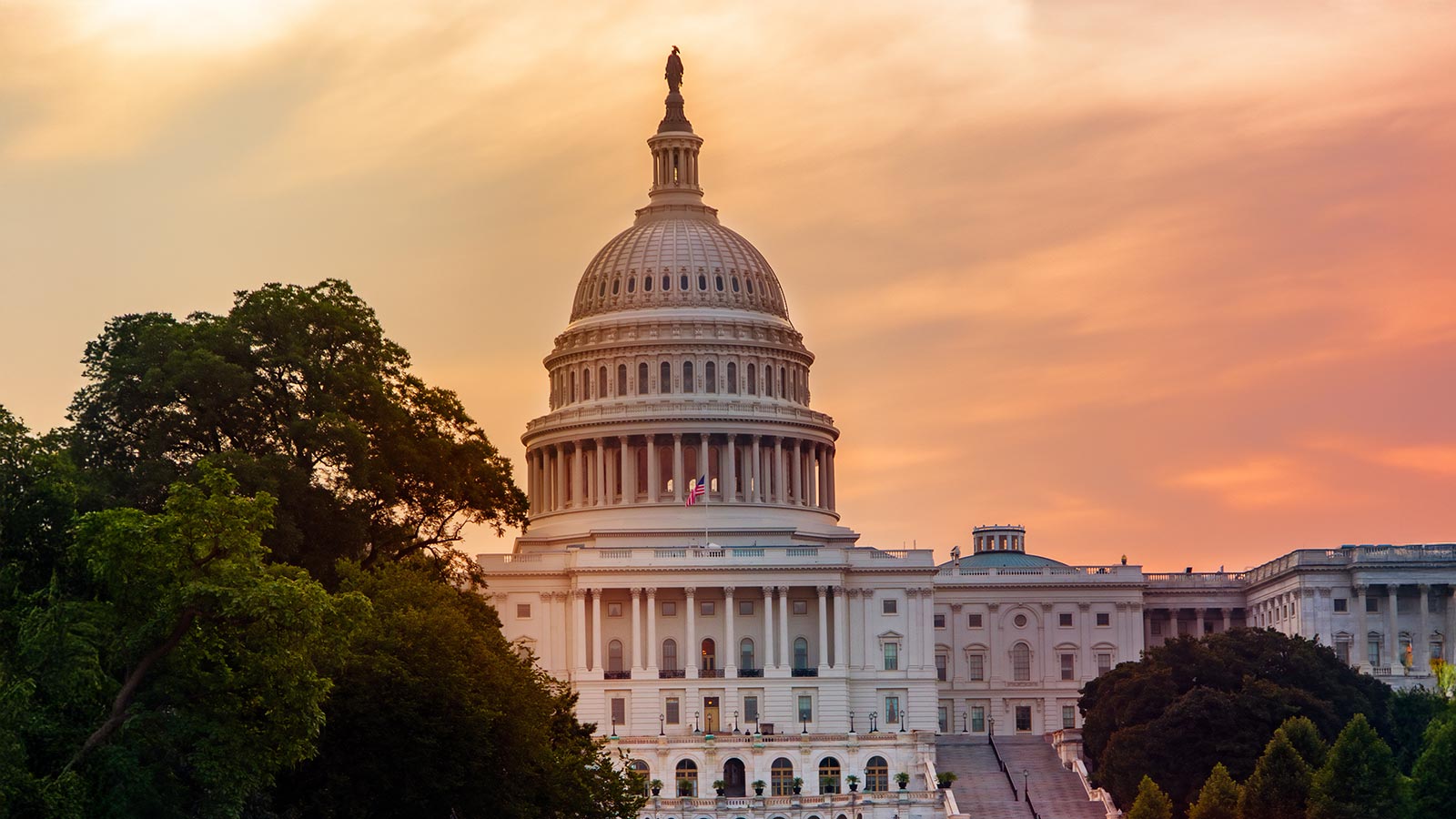House Bill Expands Depreciation and Production Incentives
Related
Never miss a thing.
Sign up to receive our Tax News Brief newsletter.

The One Big Beautiful Bill (OBBB) recently passed by the House includes revisions to code sections related to capitalization and depreciation. Many of these were anticipated to be extended, such as 100% bonus depreciation. Others, like the additional depreciation allowance for qualified production property, are new.
The bill introduces several updates with notable implications for taxpayers. Here’s a closer look at what’s included and key insights:
Bonus Depreciation
Under current law, bonus depreciation was set at 100% for certain eligible property placed in service from 2018 to 2022, phasing down to 0% starting in 2027.
The special depreciation allowance, also known as bonus depreciation, for certain eligible property has been extended. Taxpayers are now allowed to immediately expense 100% of the cost of qualified property acquired on or after January 20, 2025, and before January 1, 2030.
Key insights:
- This was an expected extension of a popular provision for property owners.
- Interestingly, bonus depreciation was not retroactively extended to all of 2025. Property placed in service (PIS) between January 1, 2025, and January 19, 2025, will only be eligible for 40% bonus depreciation.
- Keeping the retroactive extension to 2025 (current year additions) avoids having to amend prior year tax returns or file Form 3115, Application for Change in Accounting Method.
- The modification of Section 163(j) interest limitation to addback depreciation and amortization increases the impact of bonus depreciation since it’s not considered.
§179 Expensing
Under current law (IRC §179), taxpayers may elect to expense the cost of qualifying property rather than recovering such costs through tax depreciation deductions, subject to limitations.
The OBBB increases the maximum amount a taxpayer may expense under IRC §179 to $2.5 million, reduced by the amount by which the cost of qualifying property exceeds $4 million.
Key insights:
- 179 was becoming more relevant in the last couple of years as §168(k) bonus depreciation was phasing down. With the return of 100% bonus depreciation, §179 will once again fade to the background.
- Unlike §168(k) bonus depreciation, §179 can apply to HVAC and roofing expenditures which still makes it a valuable tax planning tool.
Bonus Depreciation for Qualified Production Property
Under current law, taxpayers are generally required to deduct the cost of nonresidential real property over 39 years.
The special depreciation allowance for qualified production property allows taxpayers to deduct 100% of the adjusted basis of such property in the year it is placed in service. Qualified production property includes nonresidential real property used as an integral part of a qualified production activity, such as manufacturing, production or refining of tangible personal property.
To qualify, the property must meet the following five criteria:
- It must be used in the U.S. or a U.S. territory.
- The original use must begin with the taxpayer.
- Construction must start after December 31, 2024, and before January 1, 2030.
- The property must be placed in service before January 1, 2034.
- The taxpayer must elect to claim an immediate deduction for the property.
To qualify as a manufacturing taxpayer, a business must derive substantially all of its gross receipts from the lease, rental, license, sale, exchange or other disposition of tangible personal property produced or manufactured by the business — though currently, that production is limited to agricultural and chemical activities.
Key insights:
- This is an unexpected but welcome section for manufacturing taxpayers.
- Qualified production activity generally means the manufacturing, production or refining of tangible personal property.
- Congress or the IRS will need to further clarify what types of production are eligible for this deduction.
- This is the first time that bonus depreciation has been applied to nonresidential real property.
- Certain activities, such as offices, administrative services, lodging, parking, sales activities, research activities and software engineering, are excluded from this allowance.
- There is also a recapture requirement if the facilities’ status changes over the ensuing ten years.
Preparing for What’s Next
While the bill has passed in the House, it’s likely to see revisions in the Senate before any provisions become law. Businesses considering significant capital investments should monitor developments closely, especially regarding effective dates and eligibility criteria for bonus depreciation and production property deductions.
Questions about how these provisions may impact your business? Our team is here to help you assess implications and prepare for legislative outcomes. Contact us to learn more.
©2025
